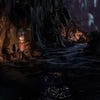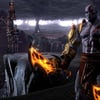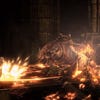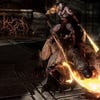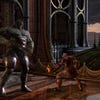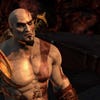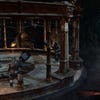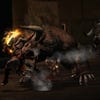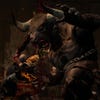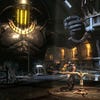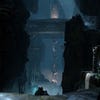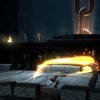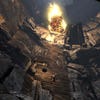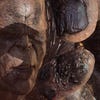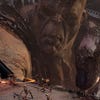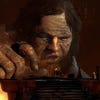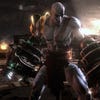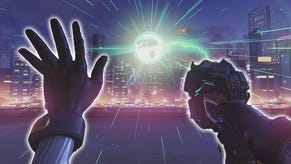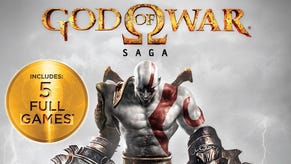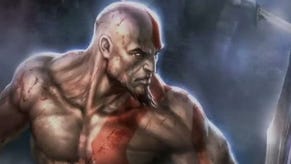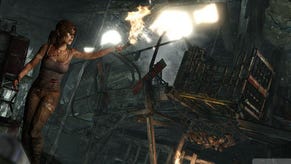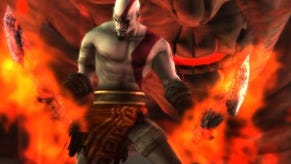God of War: Ghost of Sparta
Hera go again.
Low-level enemies dissolve into crimson mist while mid-tier foes must be dispatched with the series' divisive if well-implemented button prompt inputs. The finishing moves used to end the life of the game's standout bosses are gruesome, reveling in the pornography of violence as, for example, Kratos hangs from his blades while embedded in the cheek of one giant foe, using his weight to gouge gash marks into its recoiling face. Another boss is skewered through the temples with a giant fiery drill-bit; grim scenes, entirely consistent with the stories from which the game draws inspiration, yet no less unpleasant in their explicit presentation.
Few games offer so great a visual reward for so little player input, and button-mashers playing at the lower difficulty levels will bristle with pleasure at what is one of gaming's most compelling power fantasies. Meanwhile, those players willing to learn the timings required to dodge and parry attacks at the more challenging difficulties will find a game that rewards practice and remains more satisfying than any of its recent, me-too, rivals imported from Dante.
In series tradition, the camera has been directed with rare precision, panning and zooming to pick out important details, before retracting to give a sense of grand scale to the game's scenes. Your window into the world shifts between cut-scene and interaction with seamless elegance, pushing you down the wide corridor of the games' levels with gentle but irresistible firmness.
The repetition of combat is upset, once again, by simple block puzzles and a host of collectibles tucked around every corner and on top of each hard-to-reach ledge. The puzzles fall short of the inventiveness of those seen in the most recent PlayStation 3 game, but do their job of interrupting the otherwise one-note nature of the action. Meanwhile, the collectibles, in particular those treasure chests filled with red orbs that can be spent on upgrading Kartos' weapons and magic, provide a sense of mechanical progression that, while prescribed, undeniably works in adding to the sense of journey and progress.
The game's primary problem, then, is in its in-built focus. The God of War series, as with the myth-writers from whom it draws inspiration, is principally concerned with endlessly upping the ante. The battle system is strong, but nothing without the world and set-pieces it drives. There is a sense that Ghost of Sparta is a step back for the series if you've played the PlayStation 3 game. The set-pieces, while incredible within the context of this handheld platform, seem tired when set against, for example, the opening scenes of God of War III. And when you take away the sense of wonder in a God of War game, the remaining components struggle to carry the experience.
As such, Ghost of Sparta is best enjoyed by newcomers to the series, or those yet to play the most recent console title. Its makers should be praised in no uncertain terms for their achievements here, as the game pushes the ceiling of expectation on the handheld, redefining what is possible just as the PSP settles into its twilight months. It's a staggering achievement that makes it difficult to imagine a better handheld God of War today. And yet, as with the stories upon which it's based, this is a game with nothing new to say, a myth told many times before and, in some cases, told better.



